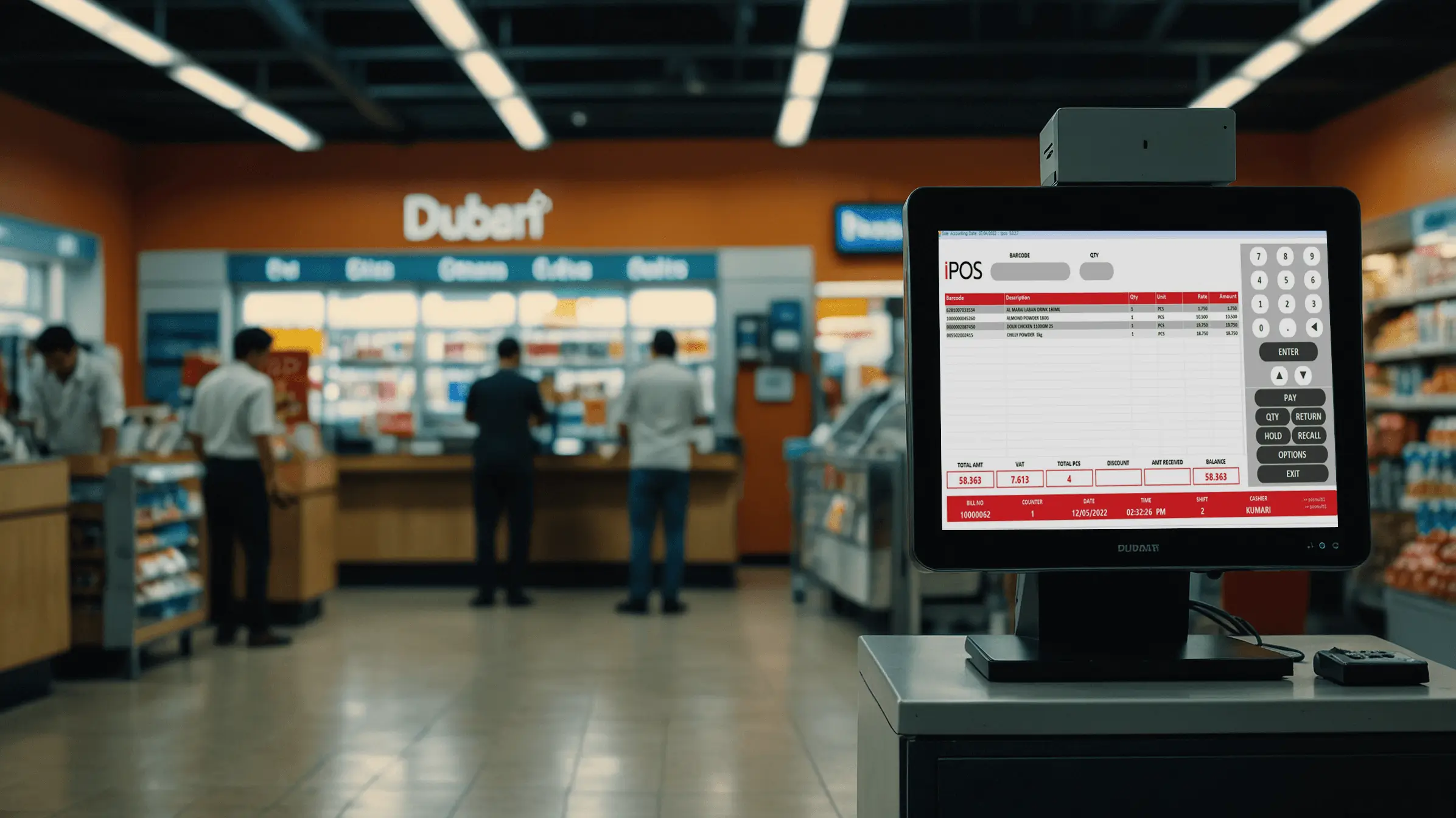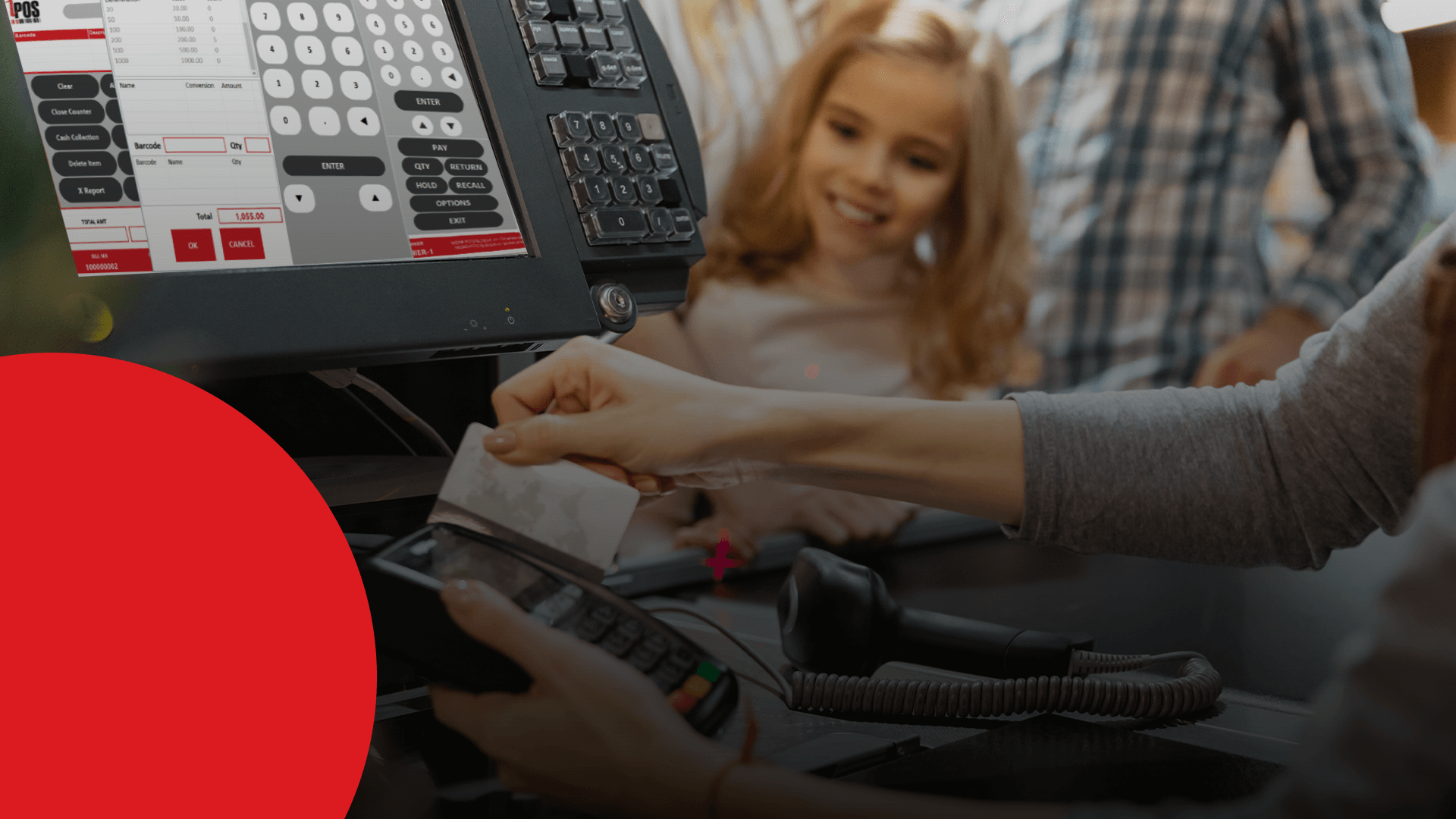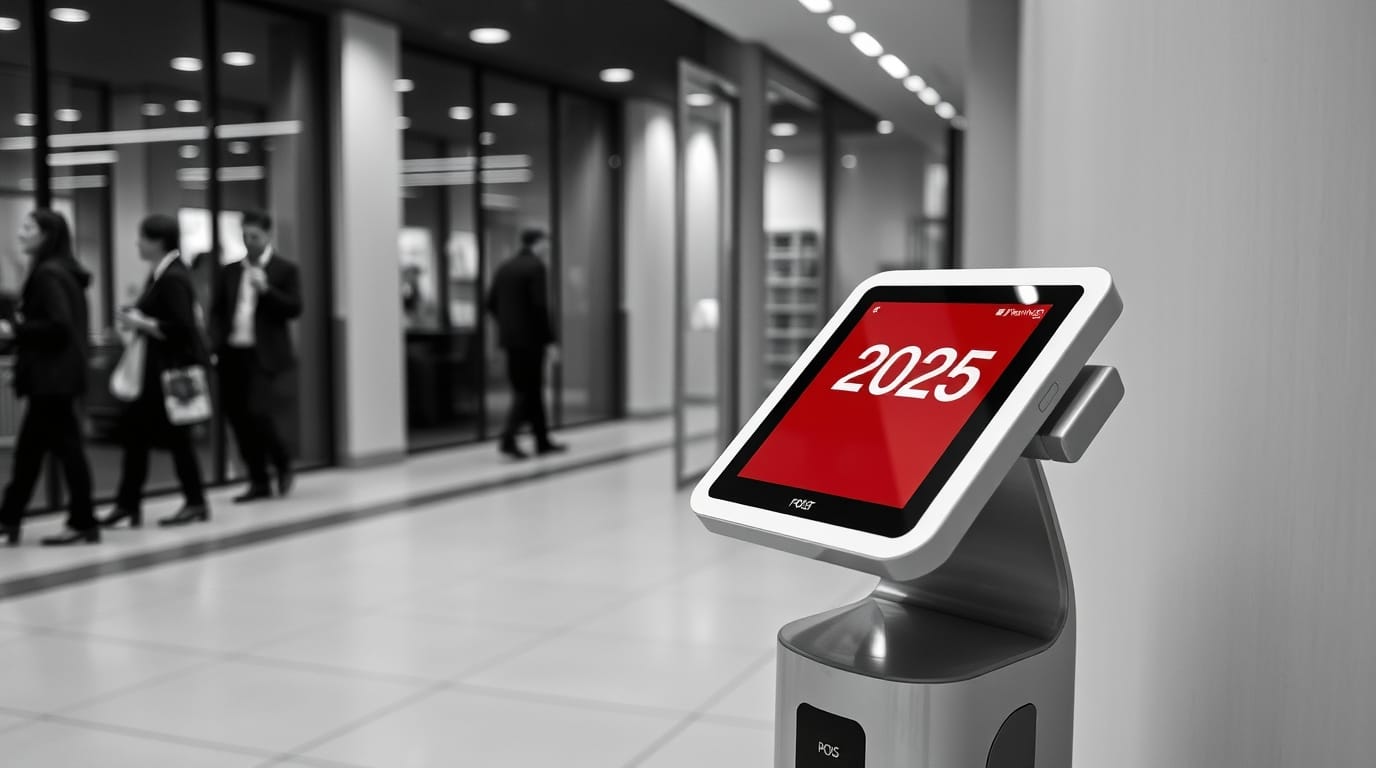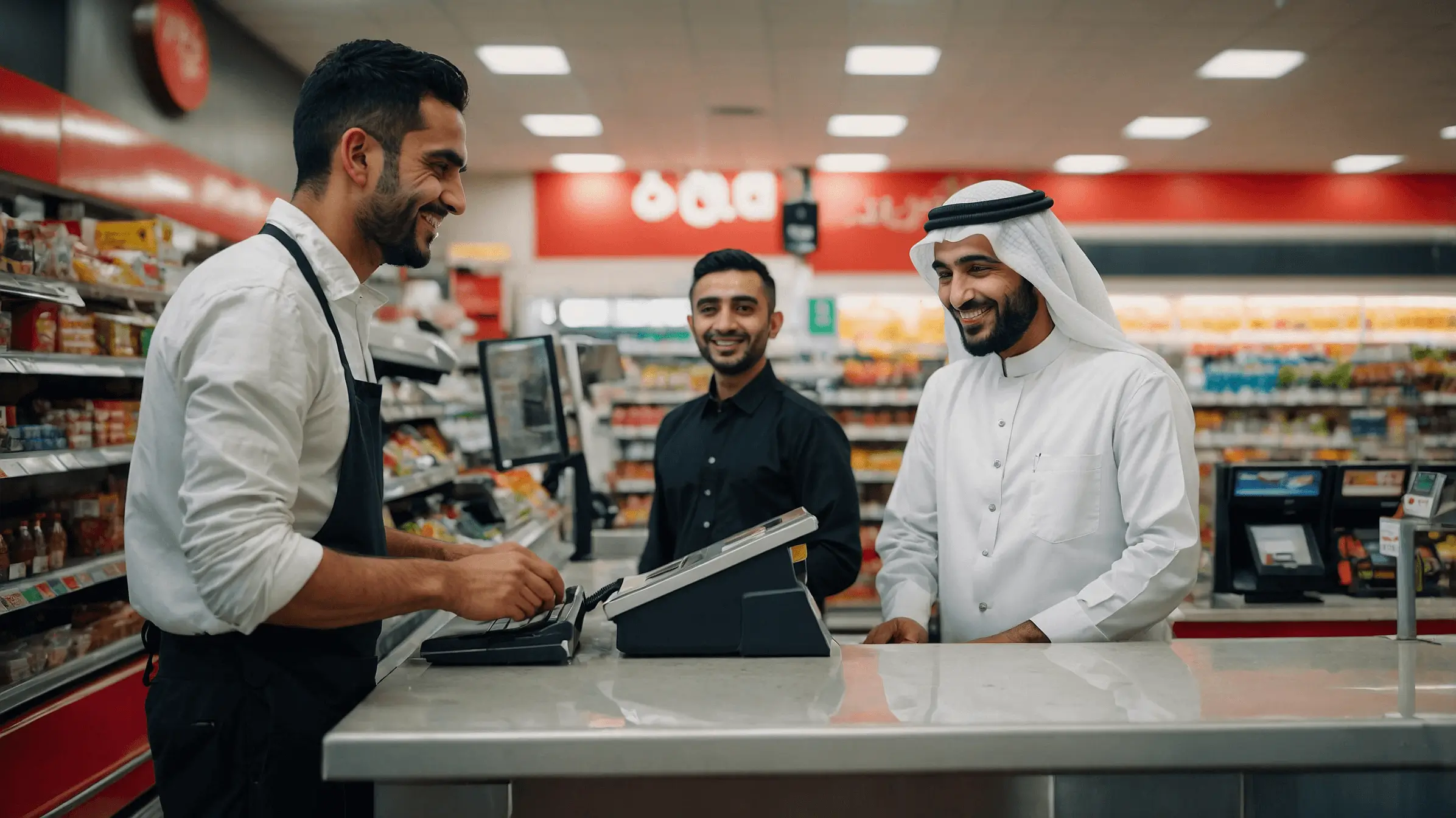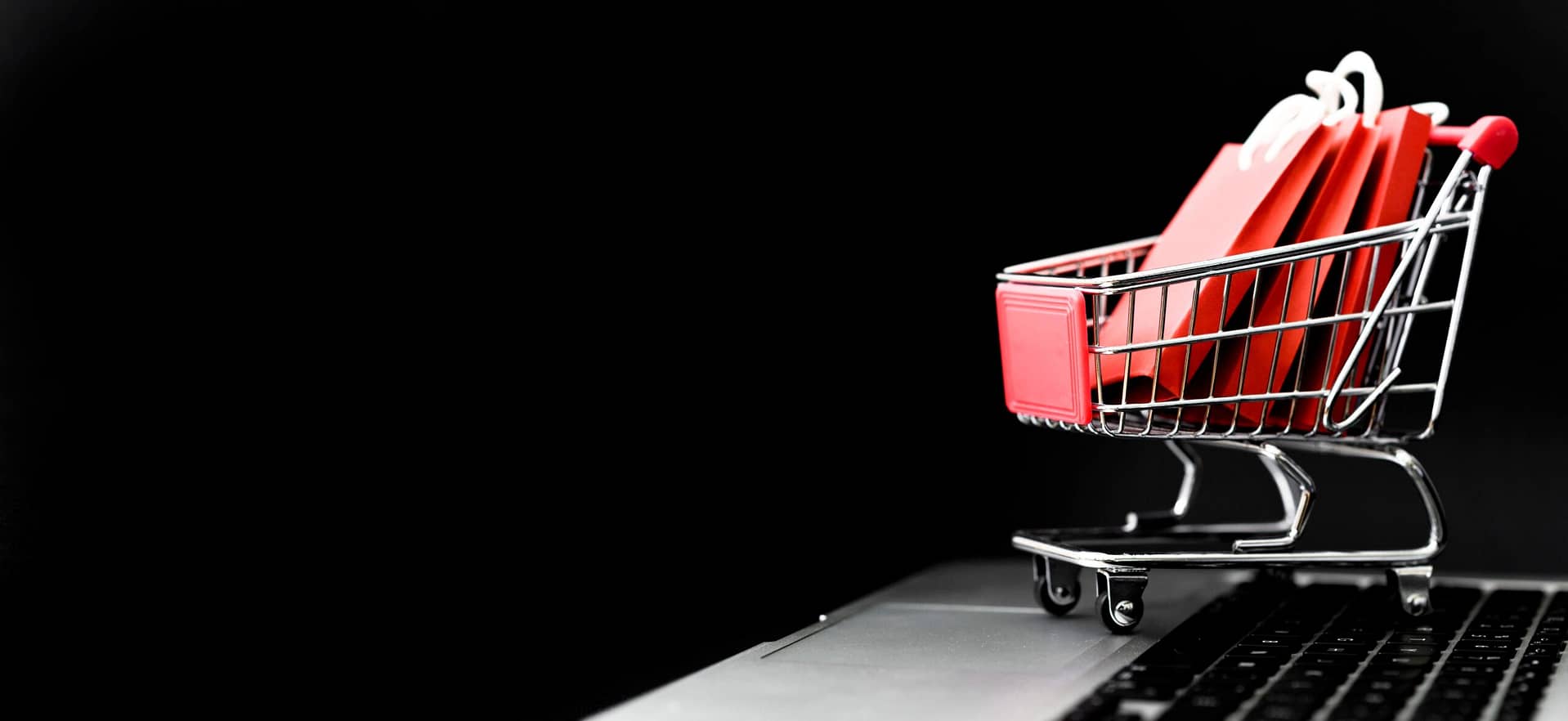Retail Point of Sale (POS) systems are the heart of modern stores. They make buying things easier and help stores run better. These smart tools do much more than just take payments. Let’s look at what retail POS is and how it’s changing the way stores work, from small shops to big chains.
Key Features of Retail POS Systems
- Fast transaction processing
- Real-time inventory management
- Customer relationship management
- Detailed reporting and analytics
- Employee management
- Multi-channel integration
- Mobile capabilities
- Cloud-based technology
- Advanced security features
- Customization options
- Hardware compatibility
- Customer-facing displays
1. Fast Transaction Processing
The main job of a retail POS system is to handle sales quickly. Modern systems can take many types of payments, like cash, credit cards, and even phone payments. This means customers don’t have to wait long, which is really important when the store is busy. iPOS is super fast at processing transactions. This keeps lines short and customers happy. It also lets staff help more people, which can mean more sales.
2. Real-time Inventory Management
Keeping track of what’s in stock is really important for stores. POS systems update the inventory every time something is sold. This helps make sure popular items don’t run out and the store doesn’t buy too much of things that don’t sell well. It’s like having a smart helper that always knows what’s in the store and what needs to be ordered.
3. Customer Relationship Management (CRM)
POS systems can remember information about customers, like what they usually buy. This helps stores create special offers that customers will like. It’s like having a friend who remembers your favorite things and suggests new stuff you might enjoy. This makes customers want to come back to the store more often.
4. Detailed Reporting and Analytics
POS systems give stores lots of information about how well they’re doing. This helps store owners make smart choices about what to sell and how to price things. It’s like having a crystal ball that shows you what’s working well in your store and what needs to change. This information can help the store make more money and keep customers happy.
5. Employee Management
POS systems can help manage store workers too. They can track when employees work and how well they’re doing. This is like having a fair coach who keeps an eye on everyone and helps them do their best. It can show which workers are doing really well and who might need some extra help or training.
6. Multi-channel Integration
Many stores sell things in different ways – in the shop, online, and through social media. A good POS system connects all these ways of selling. This means if someone buys something online, the store knows right away to take it off the shelf. It’s like having a smart robot that keeps everything in sync, no matter where the sale happens.
7. Mobile POS Capabilities
Some POS systems can work on phones or tablets. This means store workers can help customers and sell things anywhere in the store, not just at the checkout. It’s like turning every worker into a walking cash register. This can be really helpful during busy times or in small stores with not much space.
8. Cloud-based Technology
Cloud-based POS systems keep all the information online. This means store owners can check on their store from anywhere, as long as they have internet. It’s like having a magical window that lets you see into your store no matter where you are. This is really useful for people who own more than one store or who travel a lot.
The change from old cash registers to cloud systems has made running a store much easier and more flexible.
9. Security Features
Keeping customer information safe is very important. POS systems have special security features to protect this information. It’s like having a super-strong safe for all the important data. This helps customers feel safe when they shop and protects the store from bad people trying to steal information.
10. Customization Options
Every store is different, so POS systems can be changed to fit what each store needs. This might mean changing how receipts look or setting up special ways to group products. It’s like having a LEGO set for your store system – you can build it just the way you want.
11. Hardware Compatibility
A good POS system can work with lots of different tools, like barcode scanners and receipt printers. This means stores can choose the setup that works best for them. It’s like being able to pick your favorite tools from a big toolbox to make your job easier.
12. Customer-facing Displays
Many POS systems have a screen that faces the customer. This can show what’s being bought, the price, and even special offers. It’s like having a friendly robot that shows customers exactly what’s happening with their purchase. This makes customers feel more in control and can even help advertise things in the store.
Conclusion
A retail POS system is much more than just a fancy cash register. It’s a powerful tool that can make running a store much easier and better. From making sales faster to giving store owners important information, the right POS system can help a store do really well. As technology gets better, POS systems will probably get even smarter and do even more cool things to help stores.
Want to make your store work better? Check out iPOS’s cool POS systems made just for modern stores. With the right POS system, you can make your store run smoother, understand your business better, and make your customers really happy when they shop with you.

